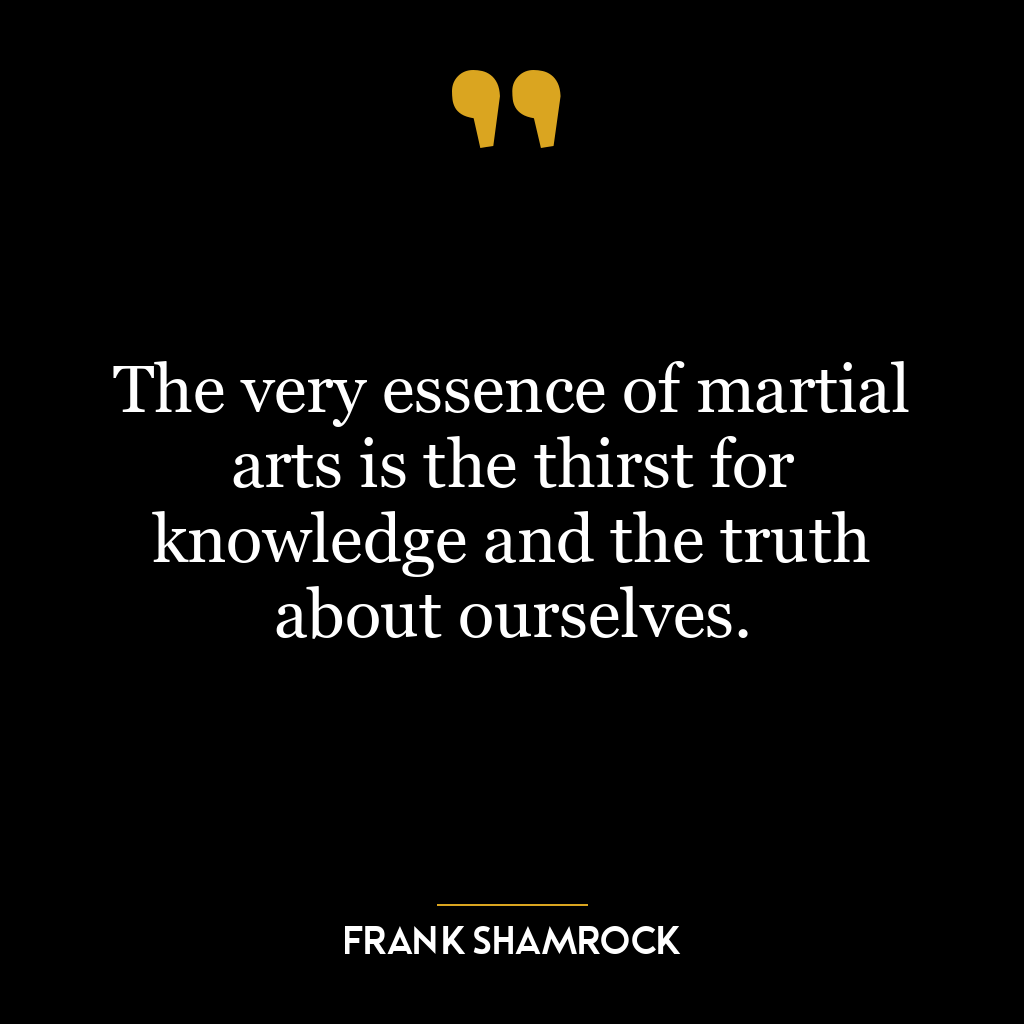This quote suggests that self-governance is a prerequisite to governing others. It implies that one must first understand and manage their own emotions, thoughts, and actions before they can effectively lead or govern others. Essentially, it’s about self-control, self-awareness, and personal responsibility.
In-depth, this quote could be interpreted on two levels: the personal and the societal. On a personal level, it means that one must have self-discipline and the ability to control one’s own actions and reactions. On a societal level, it implies that a leader who cannot manage their own life will likely struggle to manage a group, a community, or a nation.
Applying this idea in today’s world, we often see leaders who seem unable to control their own impulses or who lack self-awareness. Such leaders may struggle to effectively govern because they do not understand their own weaknesses and strengths. They may also struggle to empathize with others or to make balanced, fair decisions.
In terms of personal development, this quote suggests that self-improvement and self-understanding are the first steps towards becoming a good leader. It encourages introspection and self-discipline. For example, someone who struggles to maintain their own finances or relationships may find it difficult to manage a team or run a business. By first learning to govern oneself, one can develop the skills and understanding necessary to govern others effectively.
To sum up, the quote emphasizes the importance of personal responsibility and self-awareness in leadership. It suggests that effective governance, whether of oneself or others, begins with understanding and controlling one’s own actions and reactions.











